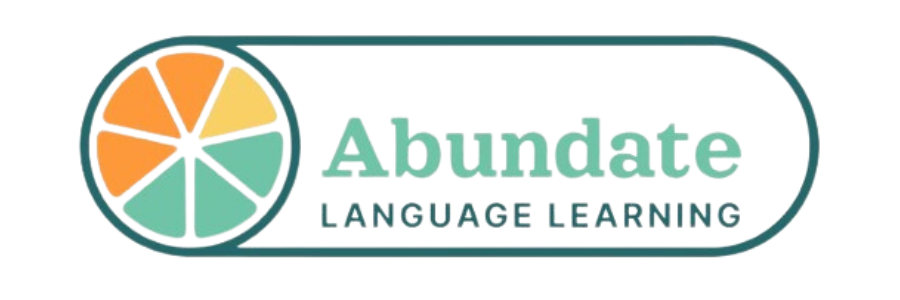13 ways to answer a question (and still sound professional) when you don’t know the answer.
Imagine you’re in the middle of an important meeting and somebody turns to you for a “quick question”.
This in itself – being spontaneously called on during a meeting – can be enough to raise your heart rate. All eyes on you, you might already feel exposed and vulnerable. Then you realise you have no idea what the answer is – that’s another notch on the “stressometer”. Now you’re worried you might come across as unprofessional or not knowledgeable about information you’re expected to know. And finally, with English not being your first language, and with the stress building, you fumble your way through a vague and ineloquent response.
You leave the meeting feeling stupid and dishonest for not having provided a clearer response.
Navigating the professional world can be challenging for anyone, whether you are working in your first language, or your second or fifth.
But there are some challenges that are specific to people who work in a less-fluent language.
The fear of sounding unprofessional because of your accent, grammar, or what you perceive as 'bad English' can be daunting. I see this often with my 1:1 clients who worry that their linguistic skills might undermine their professional image.
But here's the thing: It's not your 'bad' English that's the issue. The real challenge lies in how you handle uncertain situations.
What you want is to be able to walk into these situations knowing with confidence what you need to do to maintain clarity, connection and professionalism. So, here’s how you can save a tricky situation with these 13 examples.
Be honest
In many countries, the first step to professionalism is honesty. In today’s international and multicultural workplaces, clarity helps avoid any confusion or misunderstandings. If you don't know the answer, simply acknowledge it. In some cultures, simply saying “I don’t know” can be perfectly acceptable, but some speakers of English may find this too dismissive, so make sure you show your willingness to learn or to find the correct answer.
Examples:
1. “I’m honestly not sure”
2. “I’m working on finding a solution there”
3. “I’ve been wondering the same thing”.
Defer the question
If the query is outside your expertise, you can defer it to someone who is more knowledgeable in that area. By being clear about what is and isn’t within your professional remit, you’re demonstrating professionalism, cooperation and knowledge about your team.
Examples:
4. “I don't have that information right now, but I can refer you to someone who does”
5. “That’s not really my area of expertise, but I believe Marina’s been working on something similar”.
Be proactive
Express your determination to find the answer or to work towards a solution. It can also help to give a timeframe or to clarify the details of their query.
Examples:
6. “I'm not sure about that, but I'll look into it and get back to you”
7. “I can get that answer to you by the end of the week”
8. “Good question, I’d love to help. Could you say a little bit more about what you’re looking for?”.
Collaborate
Turn the question into a collaborative conversation. This strategy is particularly useful if you need more information from the person you’re speaking with in order to arrive at an answer. By doing this you are involving the other party and demonstrating a teamwork mindset.
Examples:
9. “That's an interesting question. Let's work through it together”
10. “Let’s see, for me to advise you on this I’ll need to learn a little bit more about your situation”.
State the facts
Even if you don't have the complete answer, you may still provide a partial response. You can show that you’re committed to helping your team members reach their objectives by giving them any relevant information you do have.
Examples:
11. “I don’t have a complete answer for you, but I think…”
12. “I’m not sure, but here’s what we know so far…”
13. “I don’t have the exact numbers in front of me, but to give you a rough estimate…”
Adapting these strategies can ensure you maintain a professional image even when you don’t know the answer to a question.
What about when someone asks you a question and you don’t want to or can’t answer? How do you respond without losing professionalism? I’ve helped dozens of 1:1 clients navigate tricky work situations in English, and now offer high-quality group coaching in the School of Certainty, especially designed for professionals who use English as a foreign language at work. We uncover the true blockers to your English fluency so you can communicate effectively, build professional relationships and achieve your most ambitious career goals.

